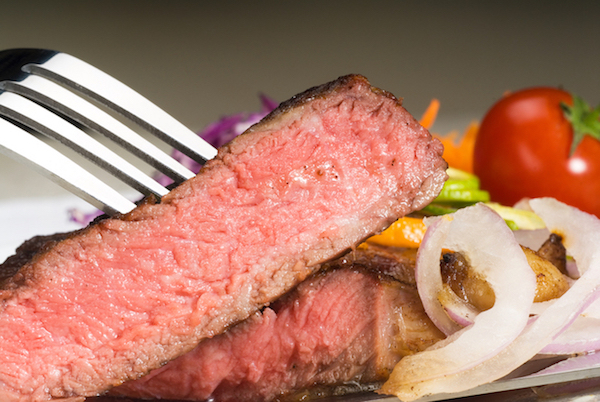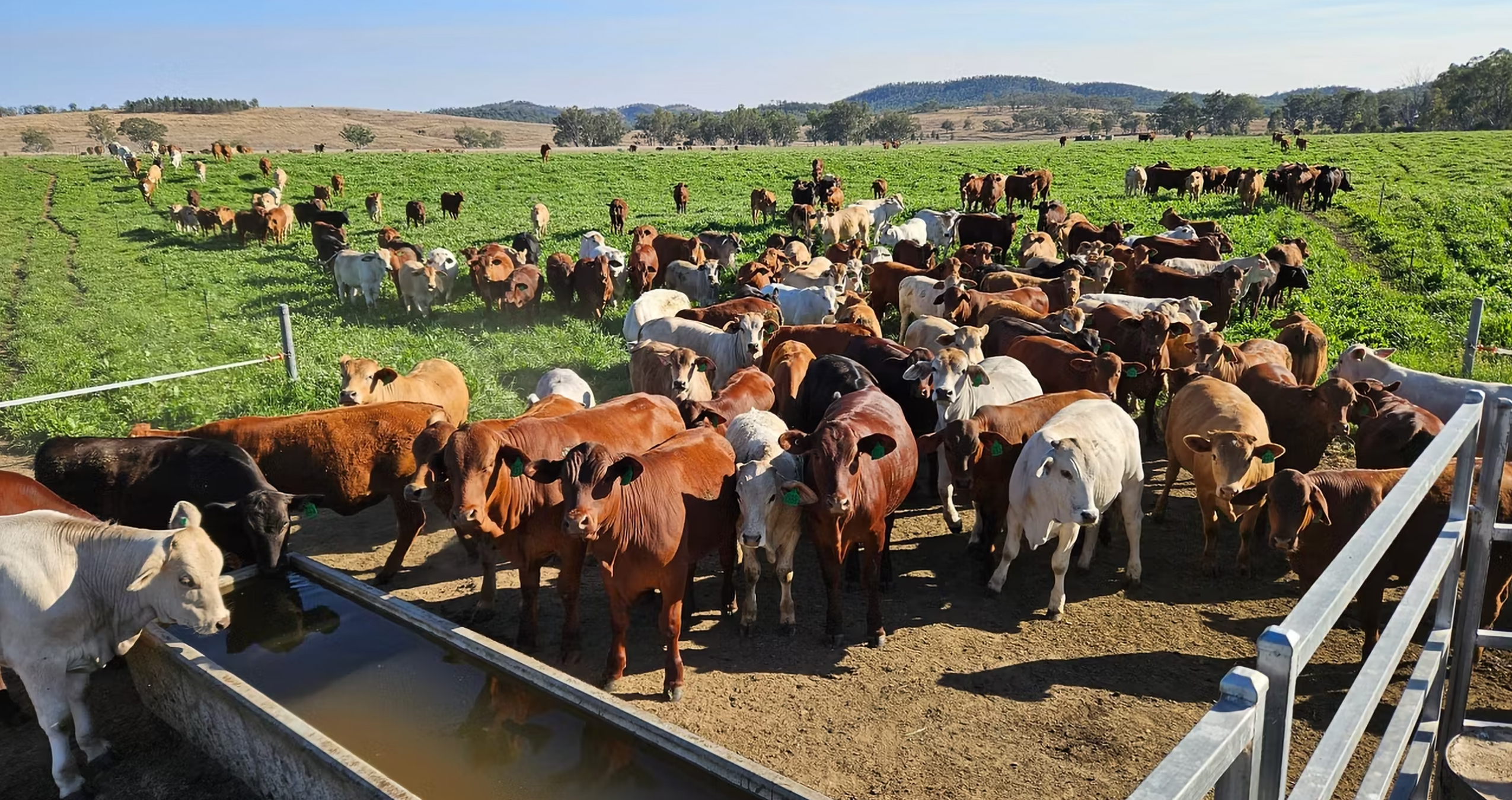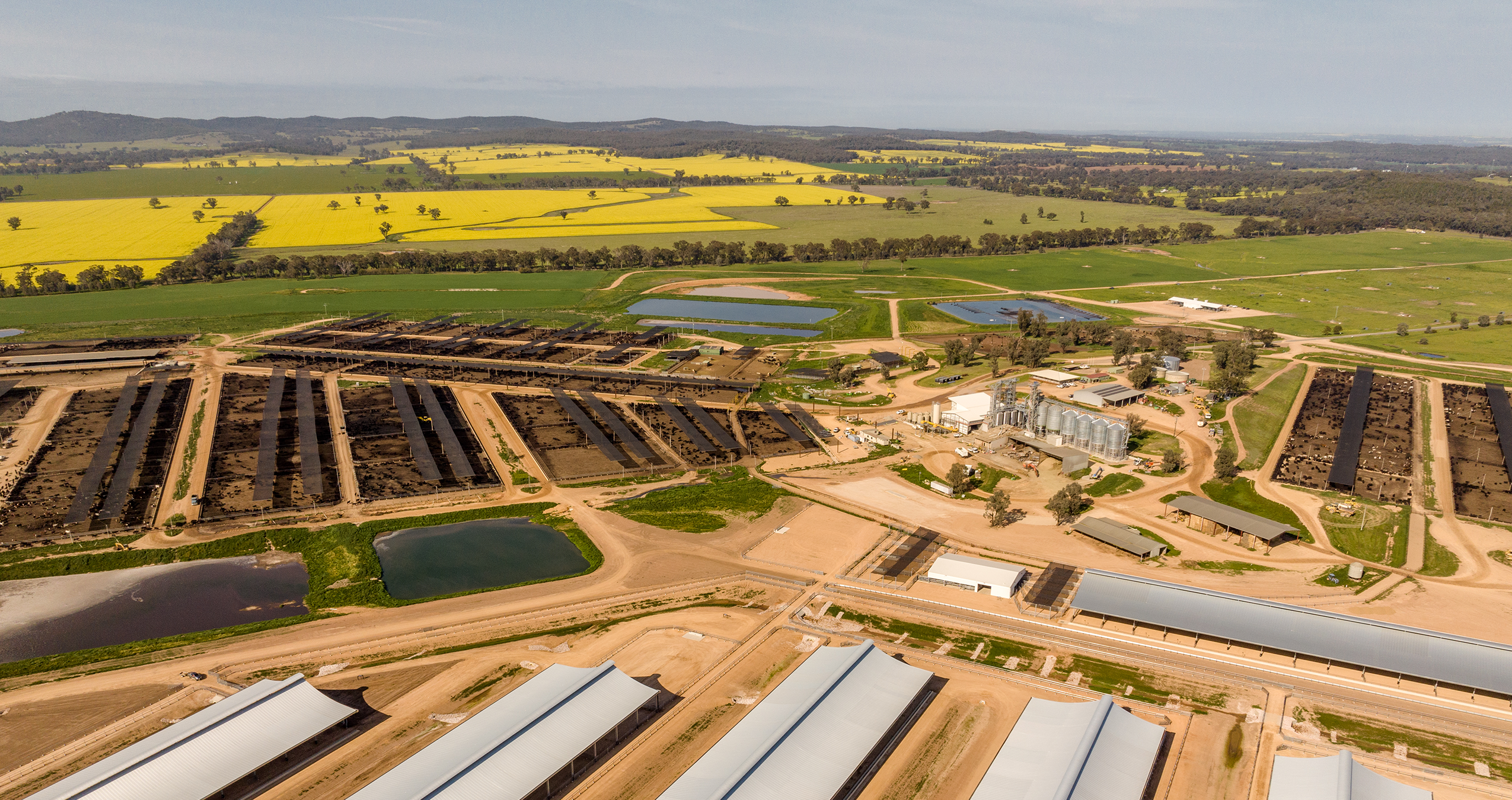
Why do you need iron?
Red meat is one of the best sources of iron and zinc in the Australian diet. Australian Dietary Guidelines recommend that people eat 65 grams per day (or 130 grams every second day) of red meat to meet their iron and zinc needs.
But why does the body need iron? Iron is an essential mineral, and all your cells need it to survive. Iron’s main role is in red blood cells, where it helps make a protein called haemoglobin. Haemoglobin carries oxygen from your lungs to all your cells so they can work properly. Iron is necessary for:
- Energy – iron is essential for producing energy from food and contributes to the reduction of tiredness and fatigue.
- Brain health – iron carries oxygen to the brain and contributes to normal cognitive functioning – i.e. the ability to concentrate and learn.
- Normal growth and development (in babies, toddlers and children).
- Fighting infections – the immune system depends on iron to work efficiently.
There are 2 types of iron
Haem-iron
Haem-iron is well absorbed into the body. It is found in beef, lamb, pork, chicken and fish. The redder the meat, the higher the levels of haem iron.
Non-haem iron
Non-haem iron isn’t absorbed into the body as well as haem-iron. It is found in plant-based foods like iron-fortified breakfast cereals, tofu, dark green leafy vegetables, wholemeal pasta and bread, legumes, eggs and nuts.
Tips to maximise your iron
Some people need more iron than others. The people who need most iron are children, adolescent girls, premenstrual women, pregnant women, endurance athletes and vegetarians/vegans. Here are some tips to enhance your iron intake:
- Include high-iron foods in your diet.
- Eat beef and lamb 3-4 times per week – or eat plenty of other iron-rich foods every day.
- To maximise iron absorption from plant-based foods (like cereals, legumes, nuts and spinach), combine them with either vitamin C rich foods (like oranges, strawberries or tomatoes) OR with foods that contain haem-iron. Foods that are rich in vitamin C boost the body’s absorption of iron.
- Avoid drinking tea or coffee with your meals, as the tannin can reduce your iron absorption.
Could you be low in iron?
The symptoms of iron deficiency are subtle and can easily be mistaken for those of a ‘busy lifestyle’. Iron deficiency is very common – if you think your iron might be low, it’s important that you speak to you doctor, as low iron can cause anaemia. Common iron deficiency symptoms include:
- Tiredness
- Lack of energy
- Poor concentration
- Irritability
- Frequent infections
These symptoms can also be indicators of other conditions, so once again, it is important to speak to your doctor to clarify whether or not you have an iron deficiency.
This information is adapted from Better Health.
 Return to News
Return to News

















